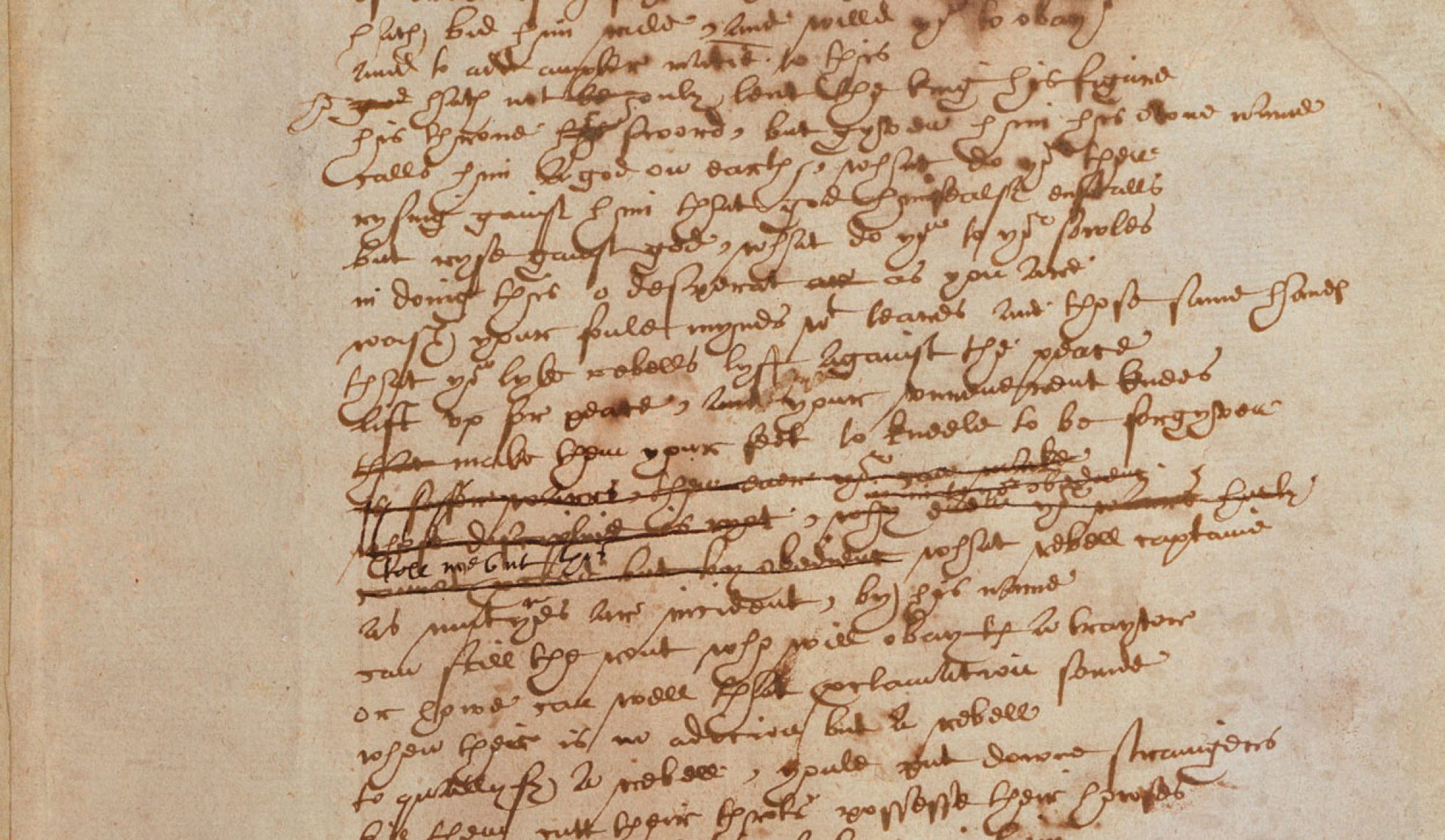On paper I’m a philologist. I’m enrolled in a degree program in Classical Literature and Philology. However, I’m not sure that I really know what philology means to me, and what it might seem to mean to people from other disciplines. Within Classics, philology is used sometimes to distinguish textual criticism, historical linguistics, grammatical commentary, etc. from literary criticism more broadly construed. Sometimes, however, Philology seems to include literary criticism and to stand as a major sub-field of Classics in opposition to, say, History, Archaeology, or Art History. At other times, I’m not sure how distinct “philology” really is from even those other aspects of the study of antiquity. The all-encompassing German term Altertumswissenschaft lurks somewhere in the background.
Perhaps this reveals a certain lack of theoretical sophistication on my part, or perhaps it is just a product of my institutional training, but at least on the level of language it it difficult for me to imagine what is meant by a truly a-temporal model of reading. The text of Vergil, written as it is in a dead language, would mean precisely nothing to me had I not spent many hundreds of hours benefiting from the positivistic toil of scholars who went before me and indulging in a certain amount of positivism myself. Sure, there’s no law that says I couldn’t just read the Latin words aloud and free associate some things they reminded me of – but at that point I would not, in any reasonable sense, still be reading “Vergil.” Insofar as texts are composed in language, and the ability of language to mean is fundamentally contingent on history, I don’t see how one can abandon the project of beginning any interpretation with a hard-won understanding of what the interpretive possibilities were for a given text at the moment of its creation. This, in a nutshell, is what I think I am doing when I do philology. I wish to be clear that this is not strictly a project of uncovering authorial intent – simply of establishing through debate the range of readings which will render lexical, grammatical, and narrative coherence to an ancient text without introducing linguistic or historical anachronicity.
Perhaps this will appear uncontrovertial. But dead langauges are a good test case, I think, for what the limitations to an a-temporal or poly-temporal reading strategy might look like. To read or translate a text written in a dead langauge is to engage in answering a series of fundamentally historical questions. I don’t think such historical question are the end of interpretation – but it seems to me that they must be the beginning. As someone who works on the reception of the classics, I’m very much invested in the ways that later accretions and moments of response and reuse can serve as allies rather than enemies to the project of exploring the various ways in which ancient texts can mean (here I think of C. Martindale’s Redeeming the Text – a book that I find extremey frustrating in some ways but also very thought-provoking). Inasmuch as the text of Virgil comes to me mediated through a long history of scholarly practice and literary receptions, and itself represents the culmination of centuries of reception of Greek and Roman literature, the process of fully appreciating this text is very much poly-temporal. But I think that, if we are to avoid chaos (though perhaps chaos will seem to some a consummation devoutly to be wished), this all needs to be anchored by the most precise positivistic understanding of the circumstances of the text’s creation as one can obtain.
Not sure if this is very helpful with respect to reading Shakespeare – just my thoughts on the issue at the moment.
